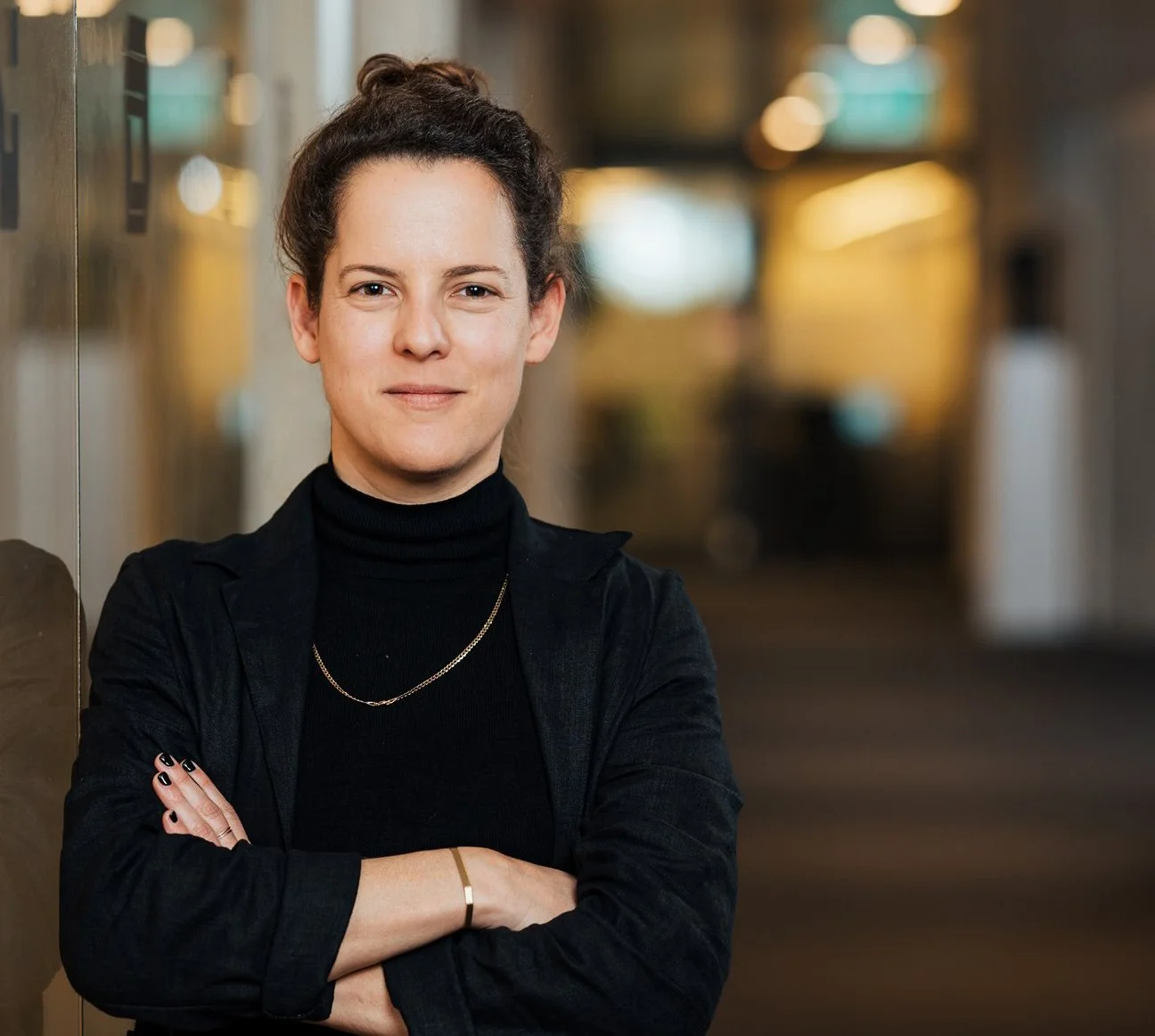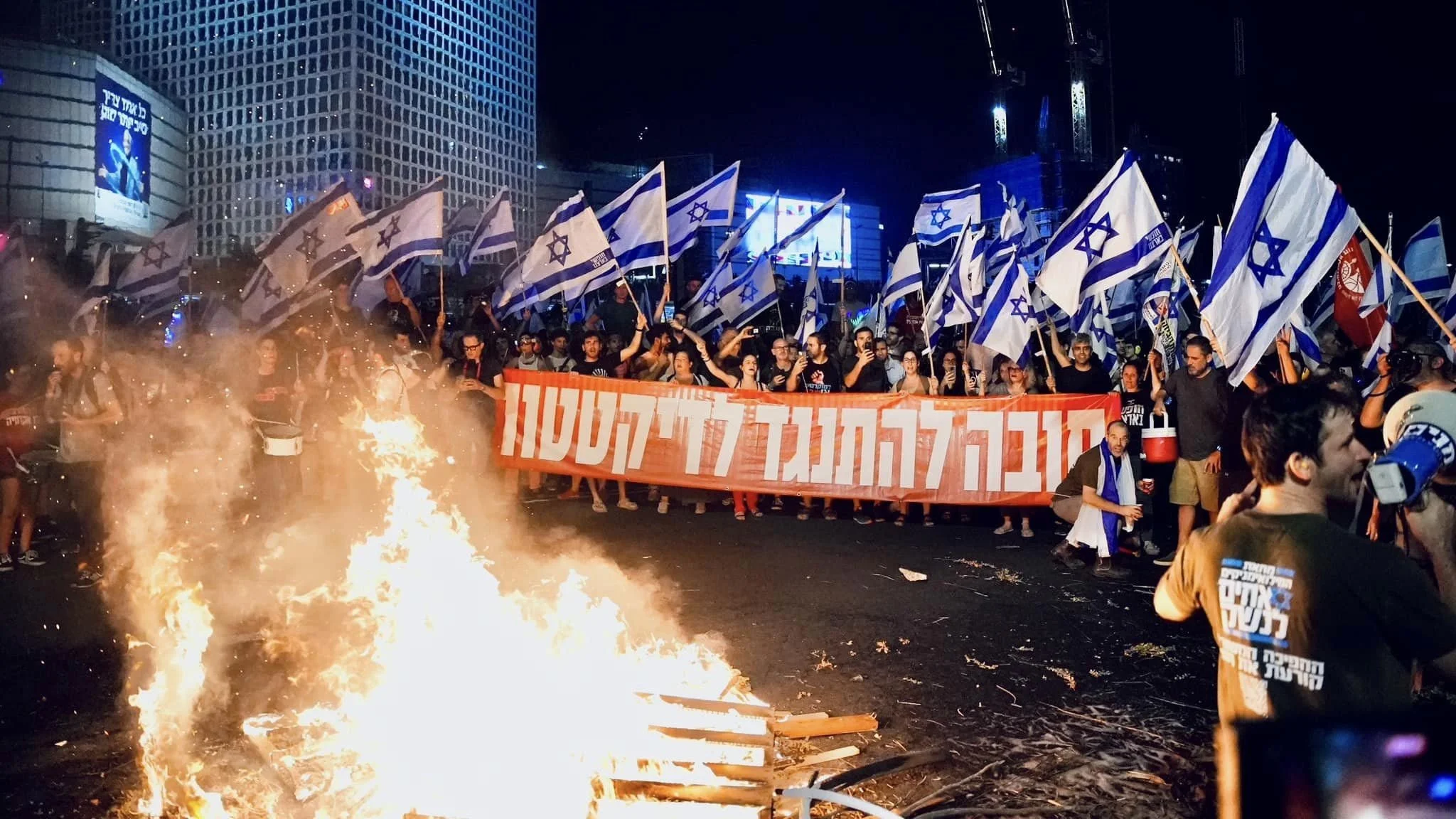[You can read a reportback from our 2025 Brodsky Award Lecture and watch the video here.]
Announced in November of 2015, the Jeffrey H. Brodsky Oral History Award is given to one or more students annually whose thesis makes an important contribution to knowledge, and most exemplifies the rigor, creativity, and ethical integrity that OHMA teaches its students. The cash award is supported by a generous donation from the family of OHMA alumnus Jeffrey Brodsky.
In July 2023, Jeffrey H. Brodsky passed away at age 49 after battling Parkinson’s disease for the past decade. Jeffrey Brodsky’s thesis and more recent oral history work exemplified the rigorous intellectual values and creative skills that OHMA teaches its students. The Jeffrey H. Brodsky Oral History Award will continue to pass on those values as it awards students for innovative and outstanding research.
Announcing the 2025 Jeffrey H. Brodsky Oral History Winner
〰️
Announcing the 2025 Jeffrey H. Brodsky Oral History Winner 〰️
This year’s Brodsky winner is Maya Gayer for her thesis, “In Defense of Democracy: An Oral History Archive of the Israeli Democracy Protest Movement,” advised by Bill McAllister
Gayer, who studied at OHMA as a 2023-24 Fulbright Scholar, interviewed over twenty leaders in the Israeli Democracy Protest Movement, with a focus on the period of worldwide mobilizations from January to October 2023. The interviews are in the process of being transcribed and translated. They will be archived at the National Library of Israel, the Hebrew University of Jerusalem and also in the Judaica and Hebraica Collections of Stanford University.
In a time of global threats to democracy, this is a subject of deep and general importance. Gayer has created a rich archive that can be used by academic, journalistic, and other researchers, as well as by political activists. Her thesis paper is framed as an introduction to the archive for future users. She locates the archive in research literatures on democratic backsliding and on civil engagement strategies for protests resisting the development of authoritarian regimes. She took a “top-down, wide-angle approach,” interviewing key figures—lead organizers and those holding significant roles in various aspects of the movement—who could provide both an insider perspective on the overall consolidation and the inner workings of the movement.
In a field where too often archives are made available to researchers without adequate documentation of the thinking behind them, Maya has created an exemplary framing essay which documents her methodological choices (including the balance she found between journalistic and oral historical approaches) and the historical and political context for the archive, which was created in the context of multiple overlapping and unfolding crises. Based on her own experience of listening to and reflecting on the oral histories, she outlines some of the many research questions the archive could be used to explore, from the use of WhatsApp as an organizing tool to the role of organized groups of professional experts (lawyers, doctors, scholars) in resisting democratic backsliding.
In recognition of the rigor, care, and skill Maya Gayer deployed in documenting and preserving these critically important voices, we are pleased to award her this year’s Jeffrey H. Brodsky Award.
“We Must Resist Dictatorship”—a demonstration of the Israeli democracy protest movement, Tel-Aviv, mid-2023 (photographer: Itai Raziel)


